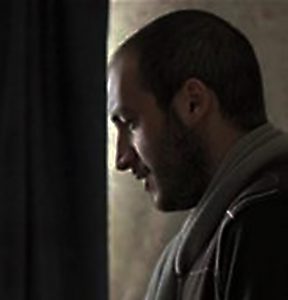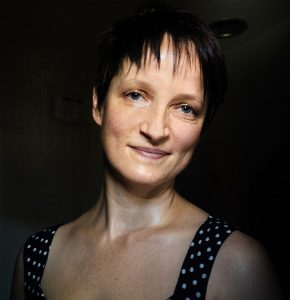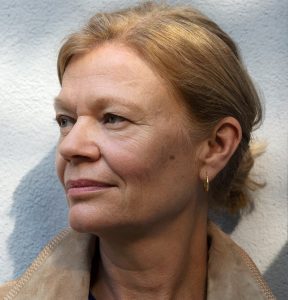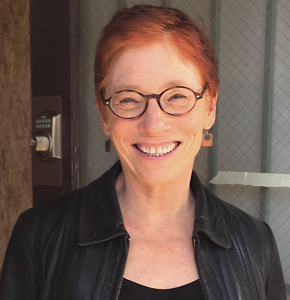
David Alamouti is a senior lecturer at the Screen School (University of the Arts London), where he leads the BA Film Practice degree. He teaches fiction and documentary production, specializing in directing, writing, and producing, with a particular interest in experimental documentary practices. David Alamouti is also pursuing a PhD in practice-based film studies at the University of Westminster (since 2019). In 2020, he published an article in “Transnational Cinemas” that examines how emerging technologies are prompting a reevaluation of documentary ethics.
David’s practice focuses on using co-creation and improvisational methods in filmmaking to engage communities and individuals, moving beyond traditional representational dynamics. By working directly with communities to reimagine stories that reflect their realities, David’s approach provides participants a safe, distanced space to share their narratives. This method redefines the often bureaucratic, hierarchical nature of conventional filmmaking, transforming it into a socially-rooted, collaborative process emphasizing ethical interdependence.
From 2008 to 2016, David co-founded Contra Image, a production company where he produced three feature documentaries and directed two others, with funding from notable entities like Al Jazeera’s Witness, BBC, and the Wellcome Trust. These films were broadcast internationally and competed at festivals such as Krakow, London International Doc Fest, Jakarta, Big Sky, AM Docs, and Utah.
Selected Publication:
Alamouti, D. 2020. The digital ethical space: towards a transnational documentary ethics, a filmmaker’s point of view. Transnational Cinemas. 11 (2), pp. 103-120. https://doi.org/10.1080/25785273.2020.1734305
Filmography:
2021 LA RABBIA (The Rage)
2019 THE NIGHT THE WIND BLEW
2014 JUSTICE SEEKERS
2013 GHAZI RABIHAVI
2013 BOYS WITH BROKEN EARS
2011 MOTHER
__
ZDOK.25 contribution:
> Transnational and Digital Ethics


